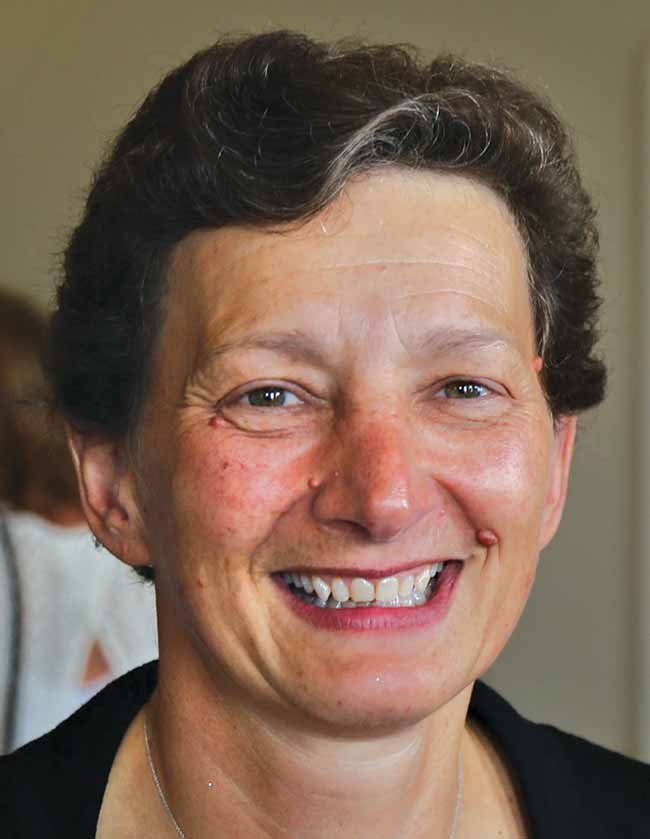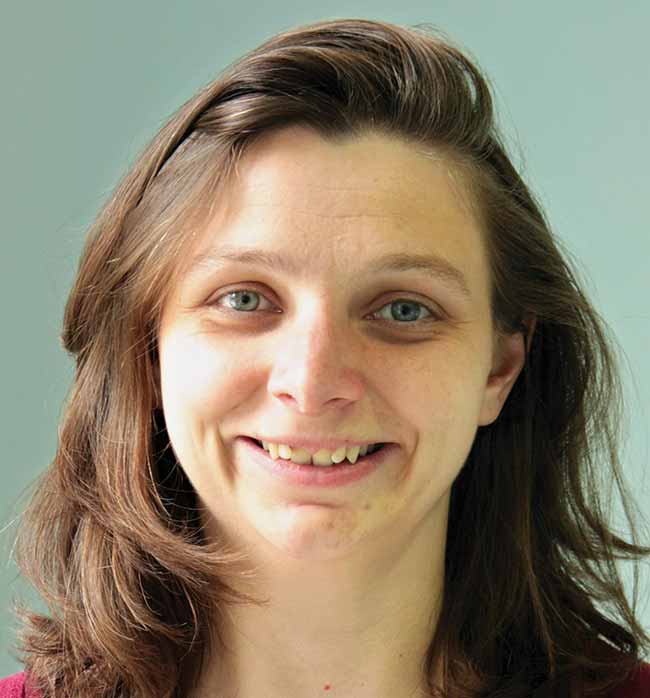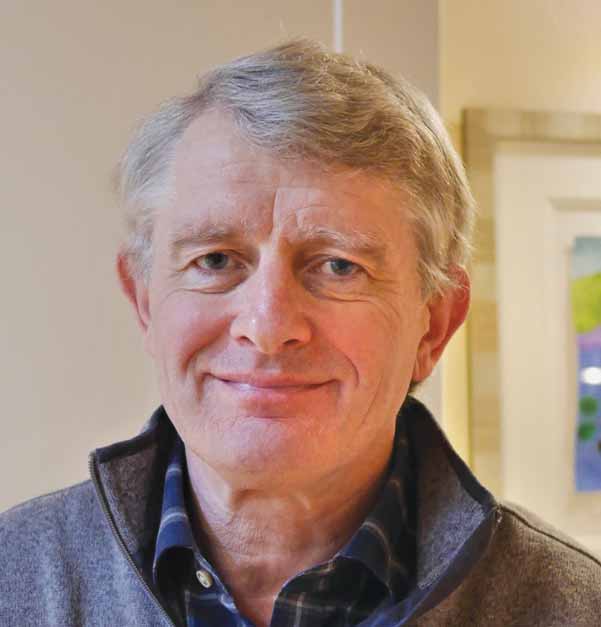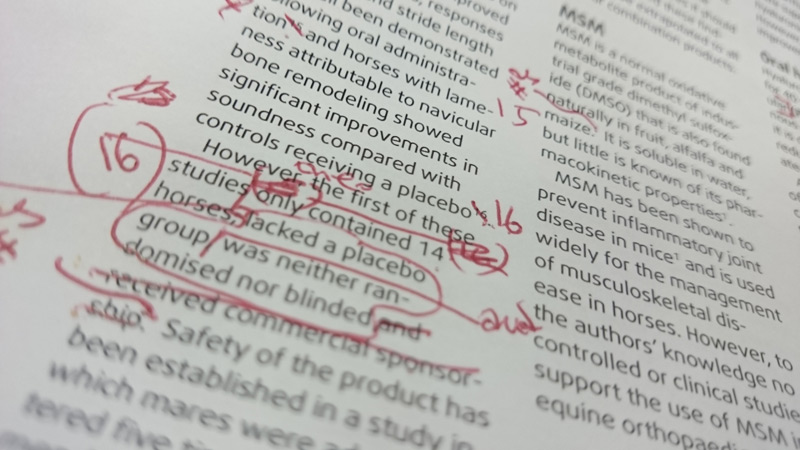
BVMS, MRCVS
Otters View,
Purclewan Mill, Dalrymple, East Ayrshire KA6 6AN.
T 01292 560083
M 07921 384852
PROPOSERS: Alison Lambert, Freda Scott-Park
I started as a food animal intern at Iowa State University, having graduated from Glasgow (1987). After two children, my first full-time position was in a traditional mixed two-person practice in Ayrshire.
For the next 25 years, I helped develop the practice to become a 100 per cent small animal, forward-thinking, customer-focused, five-vet business. I became the new graduate mentor for the practice and developed a special interest in small animal dentistry.
In 2004 became an A1 Assessor for nurse training (now clinical coach), and later RCVS practical OSCE examiner for VN exams.
Outside of work, I have my family to keep me grounded, several dogs, cats and sheep. I enjoy running, swimming, cooking, reading and have started writing children’s books. My husband and I have also run a 1,500-acre beef/sheep hill farm.
In 2012, I set up our local “parkrun”, being event director until 2014, and enjoyed being a volunteer at the Commonwealth Games in Glasgow 2014.
I am a past president of Ayrshire Veterinary Association and represented Ayrshire on BVA council, also serving on its members’ services group committee. I am a BVA and BSAVA member and have voted in nearly every RCVS election since I graduated.
Manifesto
The veterinary profession continues to evolve as it has always done over its long history. I feel this is a really exciting time to be involved in the RCVS, with the Vet Futures project going into its next stage of actioning the recommendations made. Change is only frightening if it is unknown and with this we have some degree of control.
I am pleased with the new updated practice standards scheme, which feels more like a useful tool to general practice rather than a regulatory “award”. It is also more client friendly and I hope more practices make use of the system to promote themselves, thus improving minimum standards.
My experience with mentoring school, veterinary and nurse students (our future) over the years has allowed me to open their eyes to all the career options they have, as well as the reality about the hard work, stress, student debt and mental health issues they will encounter to some degree. But I also feel vets should be supported throughout their careers, not just as new graduates, and this should be looked at.
The RCVS council needs to be made up of 24 diverse veterinary surgeons as it strives to represent the broad range of services vets provide. I have the experience to help with this. It also needs a good age and gender mix.
We have a wonderful profession we are all passionate about, and I am as proud today of being part of it as I was when I graduated.
I humbly seek your vote. I am an enthusiastic person with a half-full approach to life and almost 30 years’ general practice experience. I now have the time to fully commit to this important role.


 MA, VetMB, DipECVECC, DipACVECC, DipACVIM, FHEA, MRCVS
MA, VetMB, DipECVECC, DipACVECC, DipACVIM, FHEA, MRCVS




